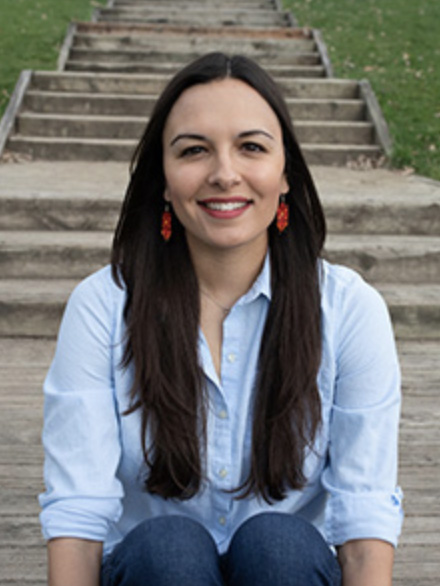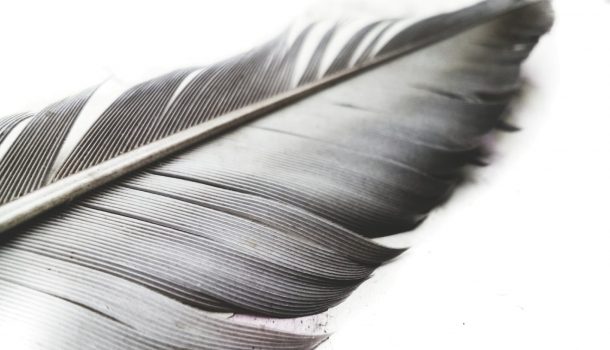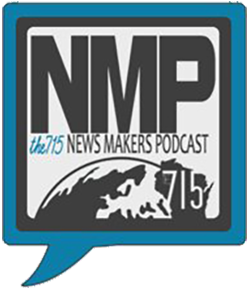Katrina Phillips, associate professor of history at Macalester College, will present a free public lecture “‘The Land is the Only Thing’: Tracing the History of Ojibwe Activism in Northern Wisconsin,” on Tuesday, Nov. 7, at 4:30 p.m. in the Kinnickinnic Theater in the University Center at the University of Wisconsin-River Falls.

A reception begins at 4 p.m., with a Q&A session following the talk. The lecture is part of the Edward N. Peterson Lecture Series.
Phillips, an enrolled member of the Red Cliff Band of Lake Superior Ojibwe, is the author of several books including “Staging Indigeneity: Salvage Tourism and Performances of Native American History” which won the Theatre Library Association Book Awards 2021 George Freedley Memorial Award.
The lecture will focus on the Red Cliff Reservation in the northernmost part of Wisconsin along the south shore of Gichigami, or what Ojibwe people call Lake Superior. Like Native nations across what’s now the United States, Ojibwe people have advocated for their lands, their livelihoods, and their sovereignty for centuries. As Phillips talk explores, this advocacy included opposition to the Apostle Islands National Lakeshore. Phillips’ maternal grandmother Margaret Pascale spoke against the park in a Congressional committee hearing in 1969, stating that “The land is the only thing we can associate our heritage with.”
The talk will trace the growth of tribal activism, environmentalism, and tourism endeavors in Northern Wisconsin, illuminating how shifting federal policies have affected the Ojibwe in Wisconsin – and how the Ojibwe have responded, paying particular attention to the historic and contemporary contestations surrounding the Ojibwe fight for political, cultural, and economic sovereignty.
The Peterson Lecture Series honors Edward N. Peterson, a history professor at UW-River Falls from 1954 until his death in 2005. It addresses issues that were the focus of Peterson’s academic life and are still relevant today: war and peace, abuses and limits of power, the struggle for democracy in the twentieth century. The series is funded by an endowment made possible by donations from students, alumni, faculty and other supporters.
CLICK HERE FOR MORE INFORMATION



